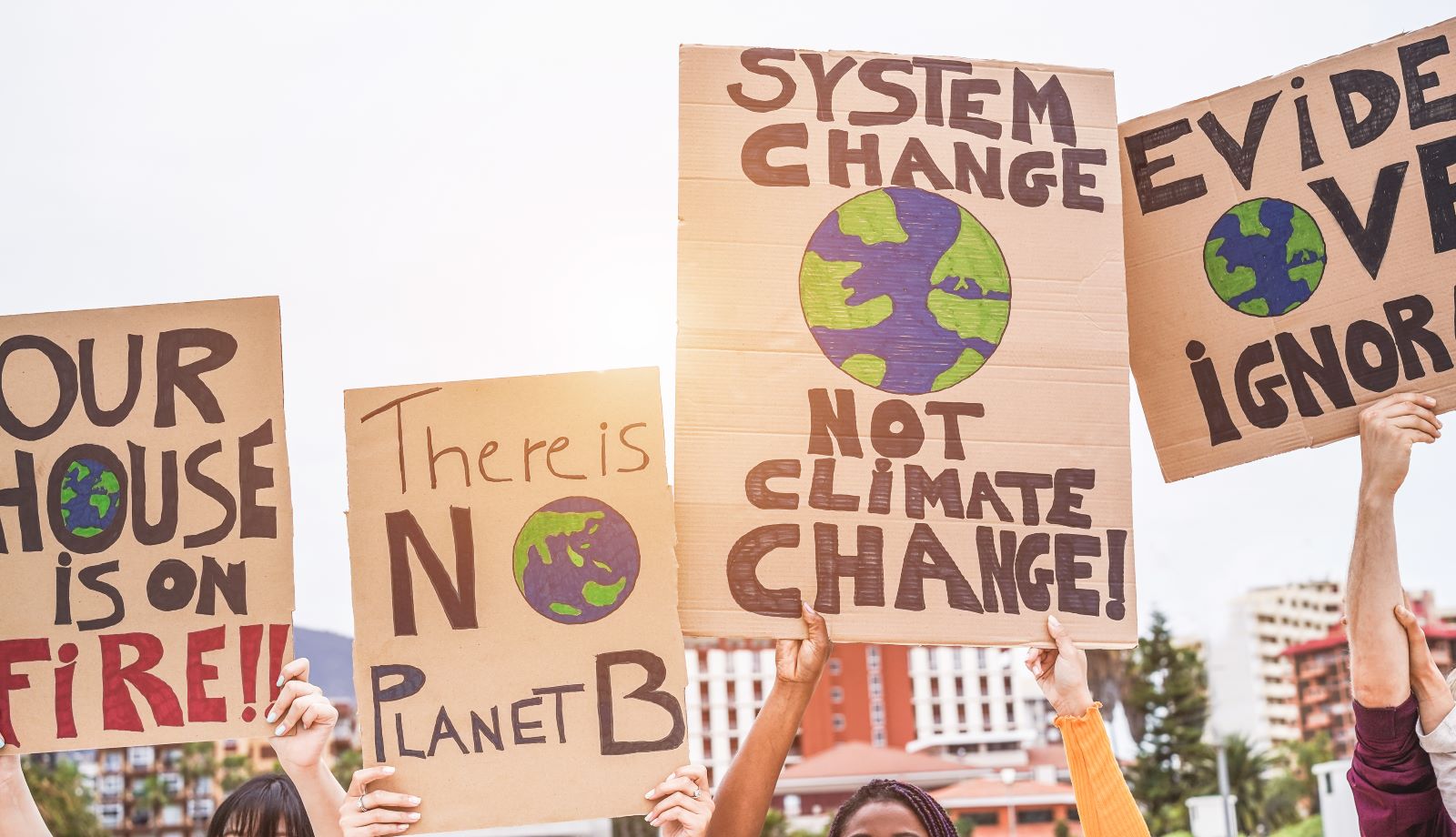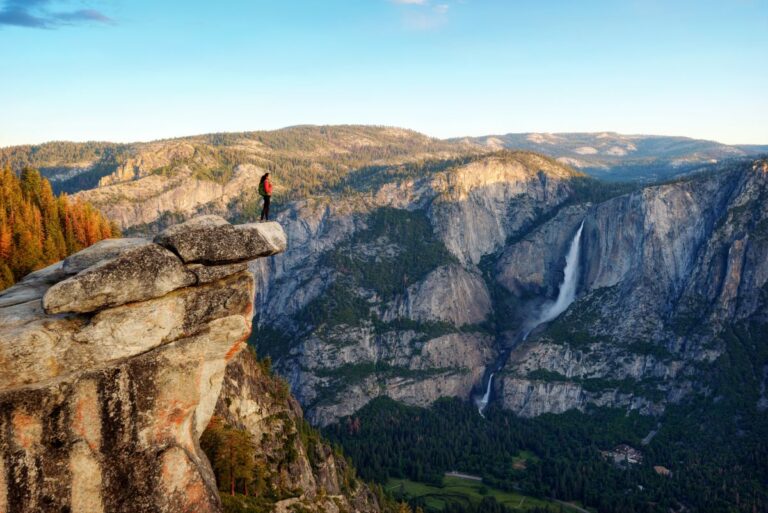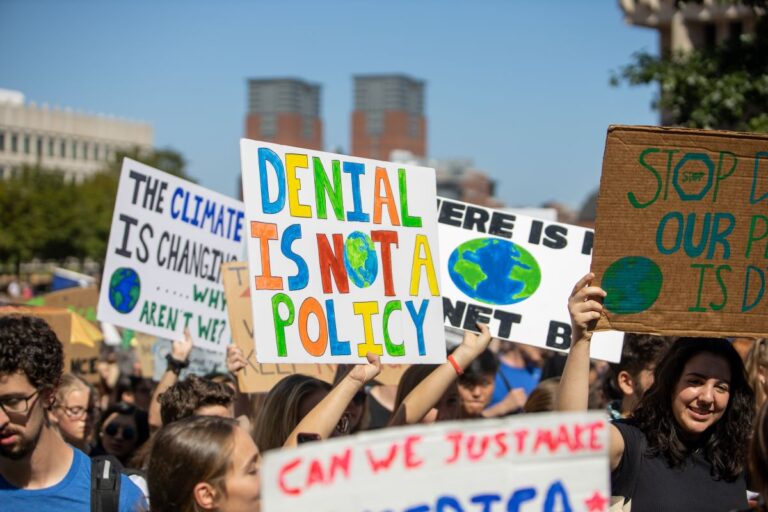Truth or Hype? Millennials Weigh in on Climate Change
Are millennials buying into the climate chaos narrative, or do they think it’s all a hoax? Here’s what they have to say about the truth behind the headlines.
1. Scientific Consensus

Millennials trust the overwhelming scientific consensus that climate change is real. They believe in the credibility of scientists and their research.
2. Personal Experience

Many millennials have witnessed the effects of climate change firsthand, such as extreme weather events. These experiences reinforce their belief in the reality of climate change.
3. Media Influence

Millennials critically assess media sources, distinguishing between credible news and misinformation. They value reliable information over sensational headlines.
4. Environmental Education

A strong emphasis on environmental education has made millennials more aware of climate issues. They are better informed and more likely to take action.
5. Social Media Activism

Millennials use social media to spread awareness about climate change. Online platforms amplify their voices and mobilize action.
6. Government Accountability

They believe in holding governments accountable for environmental policies. Millennials advocate for stronger regulations and international cooperation.
7. Corporate Responsibility

Image credit: Shutterstock / one photo
Millennials demand transparency and sustainability from corporations. They support businesses that prioritize environmental responsibility.
8. Grassroots Movements

Participation in grassroots movements and protests is common among millennials. They believe in the power of collective action to drive change.
9. Climate Anxiety

Climate anxiety is a real concern for many millennials. The uncertainty about the future motivates them to advocate for immediate action.
10. Economic Impact

Millennials understand the economic impact of climate change, such as job losses and property damage. They see investing in green technology as a solution.
11. Renewable Energy Support

They strongly support the transition to renewable energy sources. Solar, wind, and hydro power are seen as viable alternatives to fossil fuels.
12. Lifestyle Changes

Millennials are willing to make lifestyle changes to reduce their carbon footprint. This includes recycling, reducing waste, and opting for sustainable products.
13. Political Engagement

They are more likely to support political candidates who prioritize climate action. Voting for green policies is seen as crucial.
14. International Perspective

Millennials are aware of the global nature of climate change. They support international agreements like the Paris Accord.
15. Scientific Literacy

Higher levels of scientific literacy among millennials lead to better understanding of climate data. They can critically evaluate scientific reports.
16. Climate Justice

The concept of climate justice resonates with millennials. They advocate for fair solutions that address the needs of vulnerable communities.
17. Technological Innovation

Image credit: Shutterstock / Owlie Productions
Millennials believe in the potential of technology to solve climate problems. Innovations in green tech are seen as essential for sustainability.
18. Education Initiatives

They support educational initiatives that teach younger generations about climate change. Early education is viewed as key to long-term change.
19. Urban Planning

Millennials advocate for sustainable urban planning. They support public transportation, green spaces, and energy-efficient buildings.
20. Adaptation Strategies

They understand the need for adaptation strategies to cope with climate impacts. Preparing for future challenges is seen as critical.
21. Collaboration

Millennials believe in the power of collaboration across sectors. Partnerships between governments, businesses, and communities are essential.
22. Future Generations

Concern for future generations motivates millennials to take action. They want to leave a healthier planet for their children and grandchildren.
The Millennial Verdict

Ready to join the conversation on climate change? What actions will you take to address this critical issue?
Millennials Turn the Tide on Climate Beliefs

Millennials have often been labeled as apathetic, but when it comes to climate change, they are leading the charge. How did this generation go from skepticism to becoming fervent advocates for the planet? Millennials Turn the Tide on Climate Beliefs
Forgotten Warriors: 20 Military Units History Erased

Throughout American military history, numerous units have demonstrated extraordinary bravery and made significant sacrifices, yet many have not received the recognition they deserve. This article shines a light on these overlooked groups whose valiant efforts are an integral part of our nation’s heritage. Forgotten Warriors: 20 Military Units History Erased
Why You Shouldn’t Live in a Retirement Community

Think you’re ready to settle into a retirement community? Before making this significant life decision, consider how it might impact your independence, finances, and social life in ways you hadn’t anticipated. Why You Shouldn’t Live in a Retirement Community
Featured Image Credit: Pexels / Centre for Ageing Better.
The content of this article is for informational purposes only and does not constitute or replace professional advice.
The images used are for illustrative purposes only and may not represent the actual people or places mentioned in the article.
For transparency, this content was partly developed with AI assistance and carefully curated by an experienced editor to be informative and ensure accuracy.






